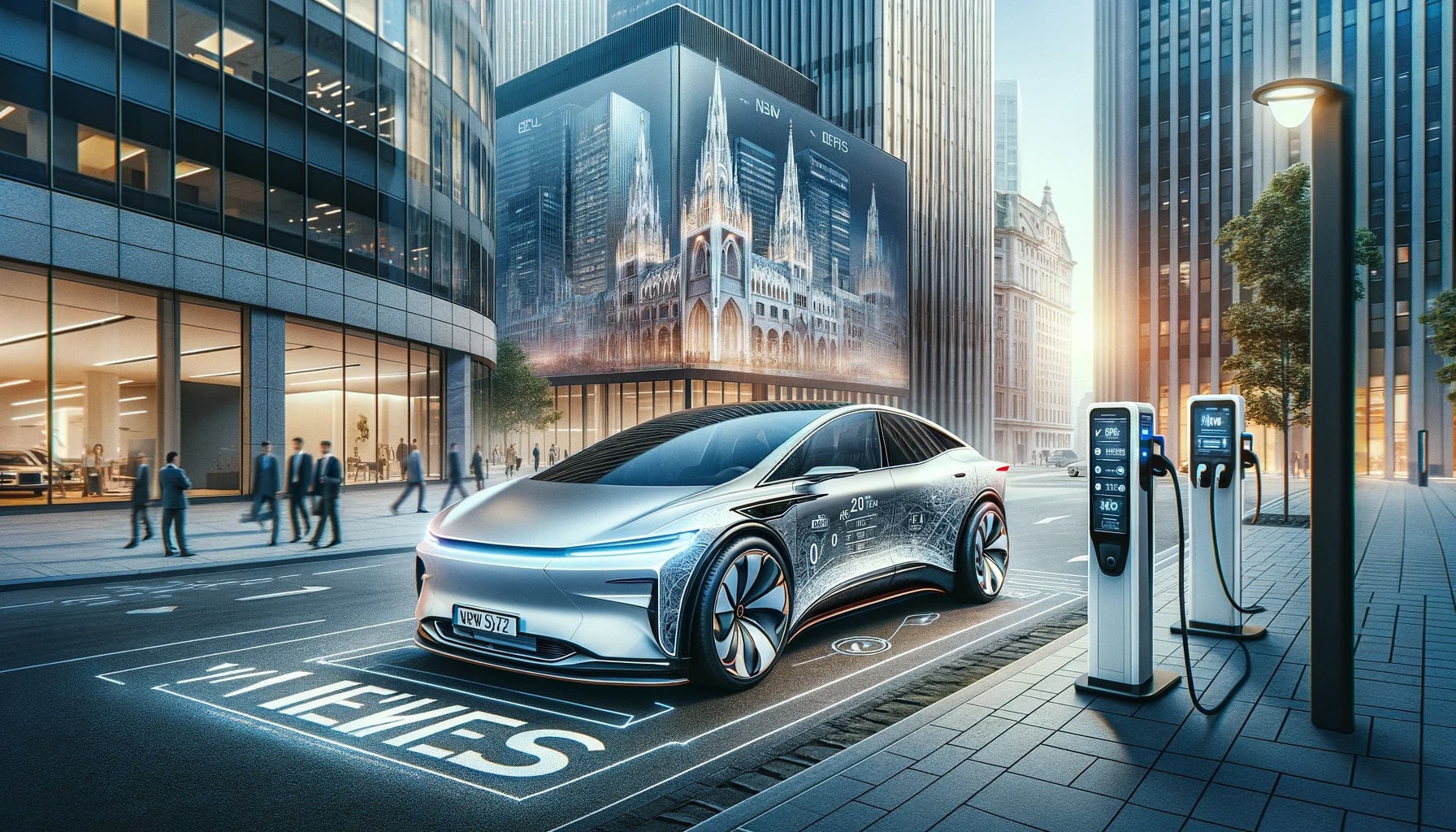In a significant development that underscores a major shift toward sustainable automotive technology, Honda has announced a substantial US$11 billion investment to develop a comprehensive electric vehicle (EV) supply chain in Canada. This strategic move involves establishing four new plants in Ontario, positioning it as a pivotal moment not only for Honda but also for the Canadian automotive industry and its future in green technology. This plan is poised to generate 1,000 new jobs directly, with additional employment expected as the initiative progresses. Honda’s decision is part of a broader vision to transition its entire vehicle lineup to electric models by 2030, illustrating a robust commitment to environmental sustainability and technological innovation.
What Does This Investment Mean for the Auto Industry?
Honda’s recent undertaking is set to introduce a vertically integrated supply chain in Canada, which will span from the acquisition of raw materials to the manufacturing of batteries and the final assembly of EVs. This ambitious project is not just about increasing the volume of electric cars but also about setting up a stable and profitable production base. Toshihiro Mibe, Honda’s Global CEO, emphasized that this massive influx of capital would lay down a strong foundation for the future of EV manufacturing, ensuring long-term profitability and sustainability.
Why Is This Timing Crucial?
The timing of Honda’s investment aligns with a critical juncture in the global automotive market, where the demand for electric vehicles is becoming increasingly mainstream, yet other manufacturers are hesitating due to fluctuating global EV demand. In 2024, discussions within the automotive sector hinted at a slowdown in EV acquisitions, with several manufacturers pivoting towards hybrid models. Honda’s aggressive push into the EV sector starkly contrasts with this trend, showcasing their commitment to leading the charge in EV technology rather than adopting a more cautious approach like some of their counterparts.
How Will This Affect Job Markets?
The establishment of Honda’s EV production facilities is expected to be a boon for the local economy in Alliston, Ontario, where the main plant will be located. By 2028, it is anticipated that these facilities will churn out 240,000 electric vehicles annually, creating over 1,000 jobs in the region. This development not only signifies Honda’s trust in Canada’s manufacturing capabilities but also highlights the attractiveness of the Canadian EV market. Jean Marc Leclerc, President and CEO of Honda Canada, praised the skilled workforce and innovation prevailing in the Canadian automotive sector, which were instrumental in Honda’s decision to invest.
In the broader context of global EV adoption, Honda’s initiative is a significant development. While EV demand has seen ups and downs, the move by Honda underscores a strong belief in the future of electric vehicles. The commitment is in stark contrast to the broader industry trends where some are shifting back to hybrid options amid market uncertainties. Articles like “Hybrid vs. Electric: How the Industry Is Adapting” from Car Enthusiast Weekly and “The Global Shift to Electric Vehicles: A Market Overview” from Auto Trends Magazine discuss these dynamics in detail, stressing the importance of investments like Honda’s in shaping the future landscape of automotive technology.
Insights from Scientific Research
A recent study published in the Journal of Sustainable Mobility titled “The Impact of Large-Scale Automotive Investments on Local Economies” analyzes how investments similar to Honda’s can drastically alter technological adoption rates and economic landscapes. The paper highlights that proactive investments in EV technology can serve as a catalyst for accelerated regional development and environmental benefits, echoing the sentiments around Honda’s plans in Canada. The study points out that strategic investments are crucial not only for technological advancements but also for securing a competitive edge in the rapidly evolving global auto market.
Key Takeaways from Honda’s Strategy
- Honda’s $11 billion investment will innovate Canada’s auto industry.
- Projected creation of 1,000 jobs will boost Ontario’s economy.
- Strong move towards EVs despite the industry’s hesitance.
The decision by Honda to invest billions into developing a full-scale EV production line in Canada is a bold move that positions Canada as a leader in EV technology. The investment not only signifies a shift in the automotive industry’s dynamics but also highlights the growing emphasis on sustainable practices and technologies. As the industry continues to evolve, Honda’s forward-thinking strategy could provide them with a crucial advantage in the increasingly competitive market, marking a significant step towards the future of environmentally friendly transportation.










